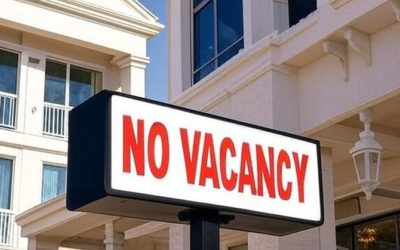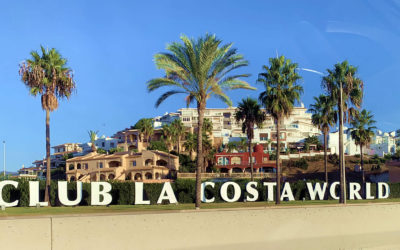understanding maintenance fees
What exactly are you paying for?
While timeshares, holiday ownership products or vacation club memberships should never be bought or thought of as a financial purchase, the theory on saving money is pretty straightforward.
After the initial outlay to purchase into a resort or club, your holiday accommodation costs should decrease with the annual savings accumulating over time.
Ideally, how much a timeshare product can save you depends on the quality of the resort and accommodation, the time of year and of course, the annual maintenance fee you’ll pay as an owner. But what do maintenance fees cover?
Firstly, the cost of running the resort takes up a large proportion of the fees. Staff made up by a team of receptionists, cleaners, gardeners, security team, administrators and management are necessary to keep the resort running smoothly and often take up to 40% of a resorts expenditure.
There are also bills related to the running costs of the resort such as insurance, heating, broadband, electricity, air conditioning, taxes, water and TV.
These costs all need to be considered before the general maintenance and refurbishment of the accommodation, which frequently needs updating due to wear and tear through constant use.
Practically all timeshare contracts include clauses relating to maintenance, management or similar ‘fees’ that must be paid throughout the full term of the contract. The issue is that these fees can be varied entirely at the discretion of the timeshare group/resort (you’ll find this bit hidden in the small print).
No matter what type of timeshare contract you have, maintenance / management fees are normally charged on the premise that all the “members” of a particular resort or scheme are collectively contributing to the continuing upkeep and maintenance of the resort.
What’s the problem?
The problem is that over the years most timeshare resorts could not resist taking advantage of the fact that they could increase the cost of fees without disclosing the exact expenditure of the resort. For this reason they could keep increasing management fees to customers who were tied in to a long term contract and obliged to pay the fees without question. Furthermore, failure to pay the maintenance fees can result in management companies resorting to aggressive and threatening methods to collect outstanding payments and even passing the debt over to debt recovery agencies. It can therefore be risky to cease paying fees and ignore these demands without advice and or protection from a professional organisation.
Some resorts that had a boom in the beginning, but who then saw a slow turn in sales then relied on maintenance fees as their source of revenue. Even if consumers do not use the timeshare, they are liable for “maintenance fees”. One consumer bought a timeshare in 1997 and paid initial costs of £175 per year. After some upgrades, their yearly maintenance fees increased to £1,669.
It is fair to expect that management fees exist, after all the resort cannot maintain and run itself. It is also fair to expect these fees to rise in line with the rate of inflation. However, what does not seem fair is when consumers are taken advantage of by charging maintenance fees that rise way above the expected rate of inflation, which can cause a large financial burden on many consumers.
Resorts also know that finding a buyer for their timeshare will be a challenge even if at all possible, and that even if consumers do rise to the challenge, they will have to keep paying the fees until such a time that a new buyer can be found and can take over payment of the fees.
If you have experienced exaggerated increases in your maintenance fees, discuss it with one of our friendly experienced consultants to see how this can substantiate a possible claim.
European Consumer Claims.
Latest news from ECC
Holiday parks vs timeshare ownerships. Two sides of the same coin?
Both holiday-sales businesses have have attracted their share of negative media and consumer watchdog scrutiny. But how do they compare really? High...
Timeshare claims still forging ahead despite confusion over Spanish Supreme Court announcement
Most timeshare owners have now paid their 2026 annual fees. But how is the summer holiday availability looking?
It's that time of year. The celebrations are over, and you have probably already had to pay your annual maintenance fee demand for 2026. But are you...
2025 end of year message from Greg Wilson, CEO of European Consumer Claims
2025: Conflict and love The world is an ever changing place. Partisan rhetoric is separating us more than ever thanks to the amplification of social...
Why are major finance houses no longer working with European timeshare companies?
Timeshare revenues plummet as finance houses turn their backs Industry in crisis Many timeshare companies ignored protective consumer...
Timeshare availability vs regular holiday availability
We hear a lot of complaints from timeshare owners about exchange availability. So what's the real story? Exchange promises Timeshare owners rarely...
Find out if your timeshare qualifies for a claim today!
Get free, no obligation advice from our timeshare specialists...





